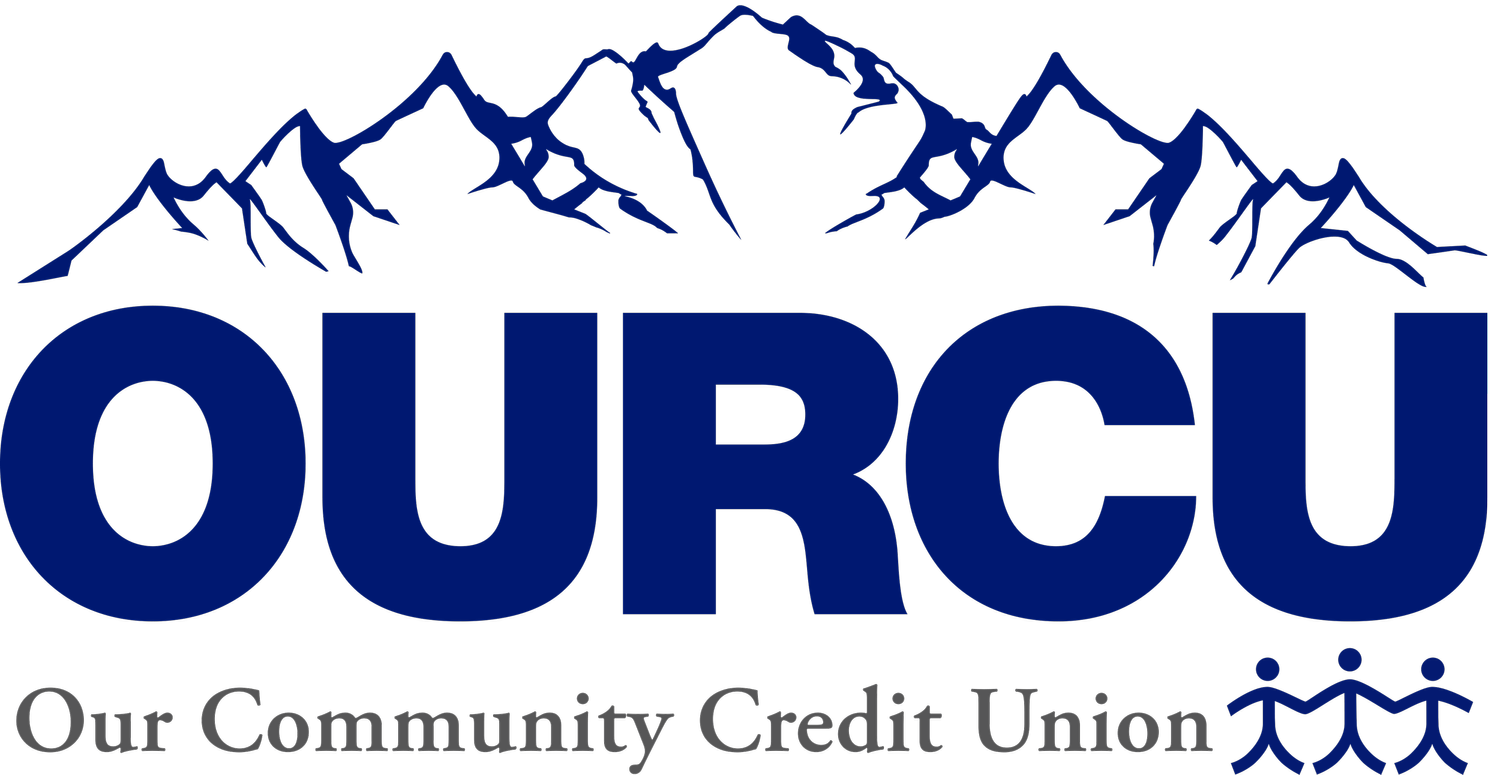Beware of Fraudulent Phone Calls
Our Community Credit Union has been notified that Members are receiving calls from someone posing as our fraud monitoring service. The easiest way to decipher between a real call from OCCU and a call from an impersonator- is that OCCU will never ask you for your full card number over the phone.
If you have questions on the legitimacy of a phone call, hang up and then call the Credit Union at (800) 426-5657. We are happy to address any questions or concerns you may have.
Staying informed is the best way to protect ourselves, here are 10 common practices scammers are utilizing to commit fraud:
Faking an emergency. Scammers pretend to represent an official organization (like the IRS) and call, text or email members to demand immediate money for bogus issues. They use threatening phrases such as, “Your 401k plan will be frozen,” “Your passport will be seized,” or “The maximum sentence for this crime is five years in prison and a $10,000.00 fine,” to catch victims off guard and create a sense of urgency
Expressing that resistance is ineffective. Once the scammer has created the emergency and instilled panic, they reinforce there is nothing the member can do to remedy the situation. In the case of an IRS scam, they often tell the member they must cooperate or face arrest or fines
Rewarding cooperation with encouraging comments. Scammers sometimes try to play the part of a trusted friend, offering help and a way out of the emergency that would provide relief to the member. They often tell the member they seem like a good person and offer to help them with the situation at hand
Not allowing victims to hang up until they pay up. Phone scammers say it is a one-time opportunity for the member to take action to avoid further consequences, and if the member hangs up the phone, he or she will not be offered another chance to resolve the problem
Using official sounding titles and names for ordinary things. Scammers try to sound impressive to gain members’ trust. They use official sounding titles and names for merchants and everyday items. Examples include referring to a gift card as an “electronic federal tax payment system,” or instead of using the name of a store, they call it a “government-affiliated payment processor”
Stating they are not asking for personal information upfront. Scammers know asking for personal information could raise alarm bells for the member. Instead, they may say they are not looking to obtain this information, or they are not looking for an exchange of funds over the phone, which may cause members to let down their guard. This is why scammers often use gift cards to extract payment
Signaling to members they are being recorded. In an attempt to sound legitimate, scammers say the call is being recorded and monitored by the IRS
Threatening to alert the media. Scammers go to great lengths to keep suspicious or wary members on the phone, and even go so far as to threaten to contact the media on behalf of the IRS if the member does not comply with what is being asked. This is used as a last resort to salvage a conversation that might not be going well
Exploiting member engagement. Once scammers have members hooked, they may transfer the call to another fake agent in an attempt to further legitimize the call. Often, these scamming “call centers” employ multiple scammers who work together to make the initial call and then close the scam. Scammers are highly organized: some are responsible for getting members hooked, while others focus on closing the deal by extracting payment. They may say, “Please hold on the line, I am transferring the call to my senior treasury specialist,” or “Thanks for waiting, this is senior officer Matthews from the account department. My badge ID is…”
Insisting members keep quiet about special offers. If a scammer offers a special tax break, for instance, they will often demand the member not discuss it with anyone, as it would prevent them from getting the settlement
If you experience any of these attempts or suspect another tactic used to commit fraud, please report them as soon as it occurs. For more information on reporting scams and fraud visit USA.gov




